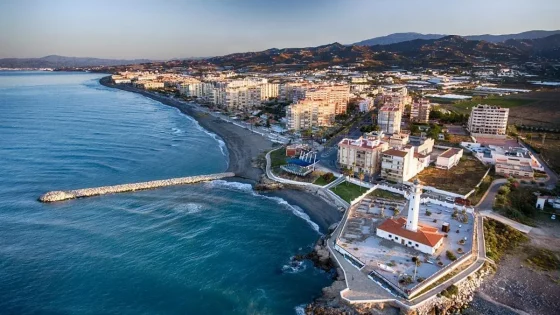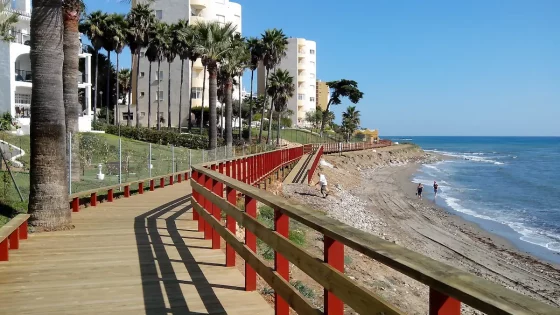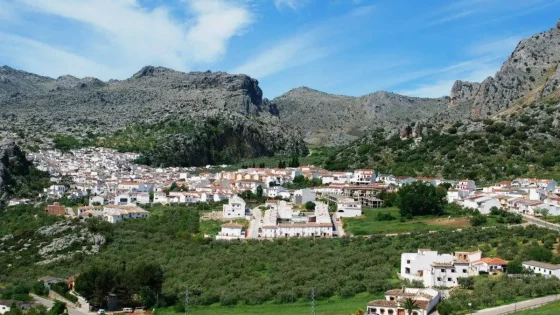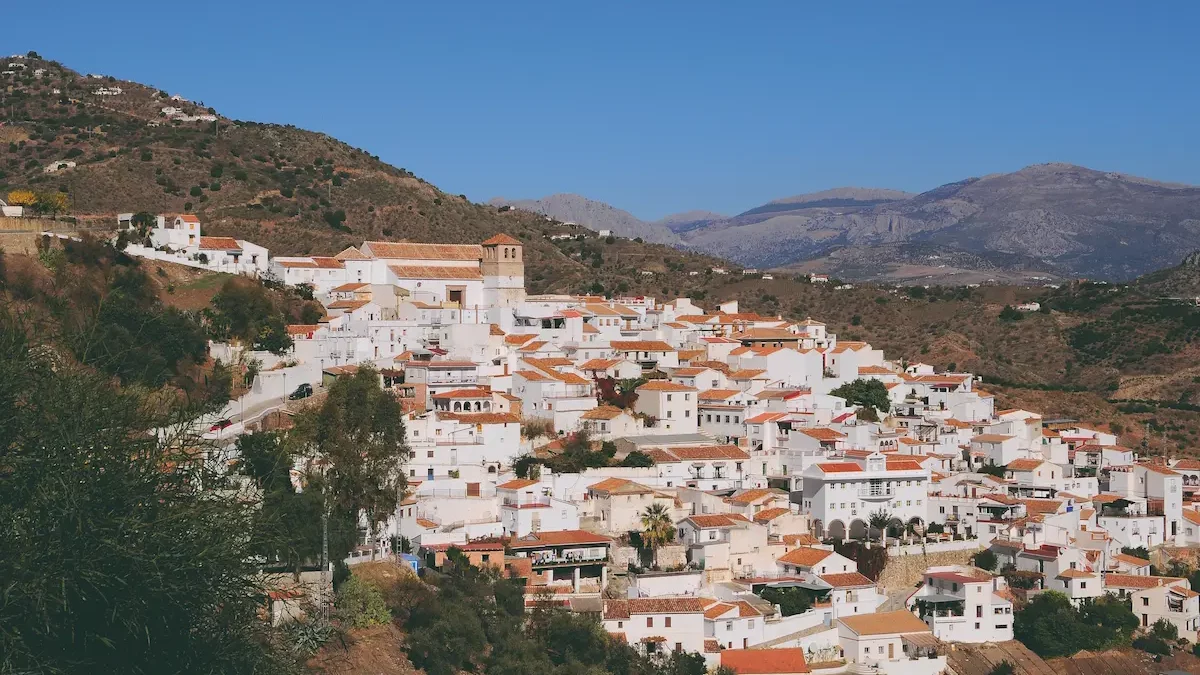
Sheltered from the rest of the world, amidst slopes and hills, lies the town of Cútar. The municipality in the region of Axarquía is a small gem in the heart of the province of Malaga.
It epitomizes the definition of a “white village” like few others; narrow streets with steep inclines and declines, and whitewashed houses are the last living testament to an intriguing history that dates back centuries.
Fuente del Paraíso, as it is known due to its abundant water wealth, is rich in high-quality lands with significant importance in olive groves and vineyards. We recommend renting a comfortable car for the journey and uncovering all the natural and gastronomic secrets that Cútar holds for you.
Table of Contents
History of Cútar
The residents of Cútar, known as cutareños, do not forget their origins and make it known through their “Fiesta del Monfí,” famous throughout Axarquía.
The earliest evidence of human activity in this area dates back to prehistoric times, specifically the Neolithic period, where archaeological remains bear witness to this, mainly in the areas of the La Cueva river and the Peña del Hierro.
However, when we speak of written evidence, we must turn to the Andalusian-Arabic period. Around the 10th century, the first settlements were established near a small already ruined castle.
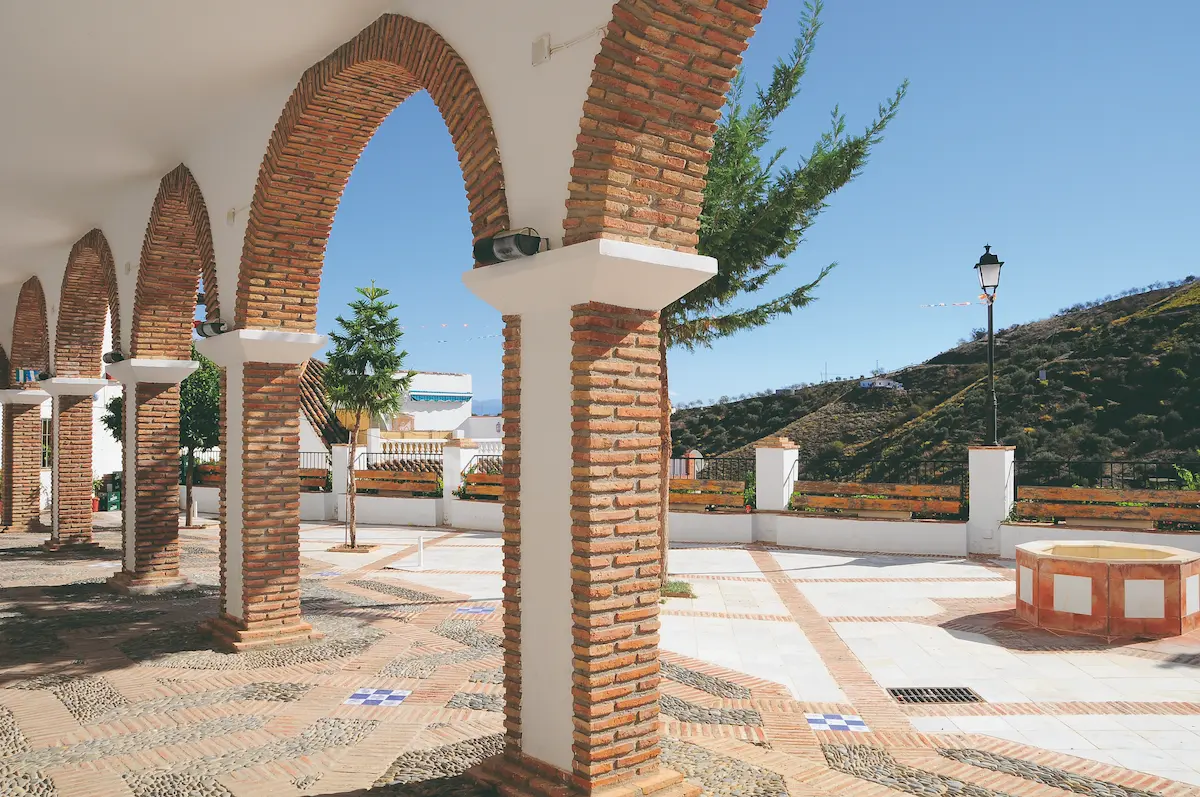
The abundance of water and the high quality of its lands caused these settlements to thrive. The 15th century witnessed its pinnacle moments due to the great economic prosperity thanks to the export of its high-quality raisins. However, they also faced significant conflicts, such as the “Battle of Axarquía,” where the dark legend of the “Bird of Death” was born.
What to See and Do in Cútar
Its fantastic natural setting and history make Cútar have numerous options for both cultural visits and outdoor activities.
What to See in Cútar
Church of Our Lady of the Incarnation
Standing guard, this 16th-century construction is located at the highest point of the town. It is its most important monument and, as such, has undergone improvements and restorations over time, the most important ones being in the 18th and 20th centuries.
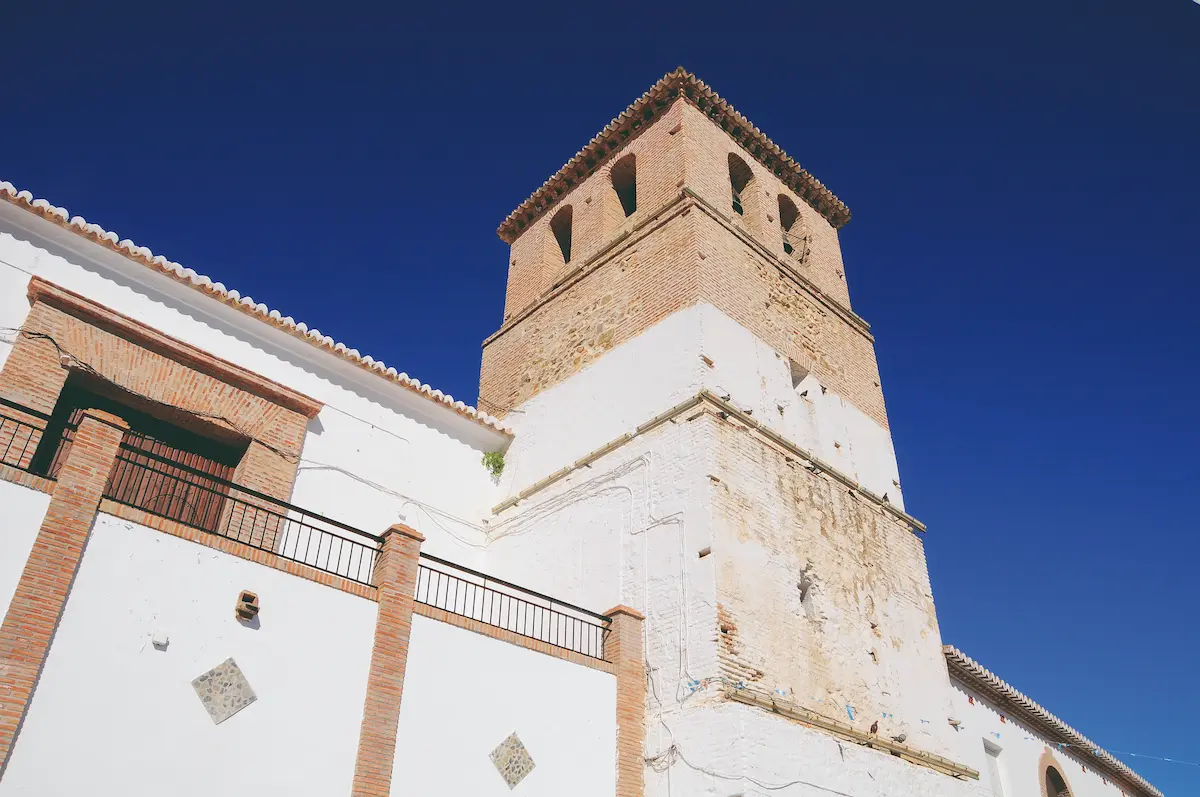
As a result, it features a mixture of styles in its construction, although it is mainly Mudejar and is divided into three naves, with the later creation of a small shrine in the Epistle nave. However, if we must highlight a later element, it must be the rococo-style chapel with the image of San Roque.
Arab or Andalusian Fountain
As expected, given its water wealth, Cútar preserves in the southern part a fountain in perfect condition named in the 16th century as “Aina Alcaharia,” that is, the Alquería Fountain.
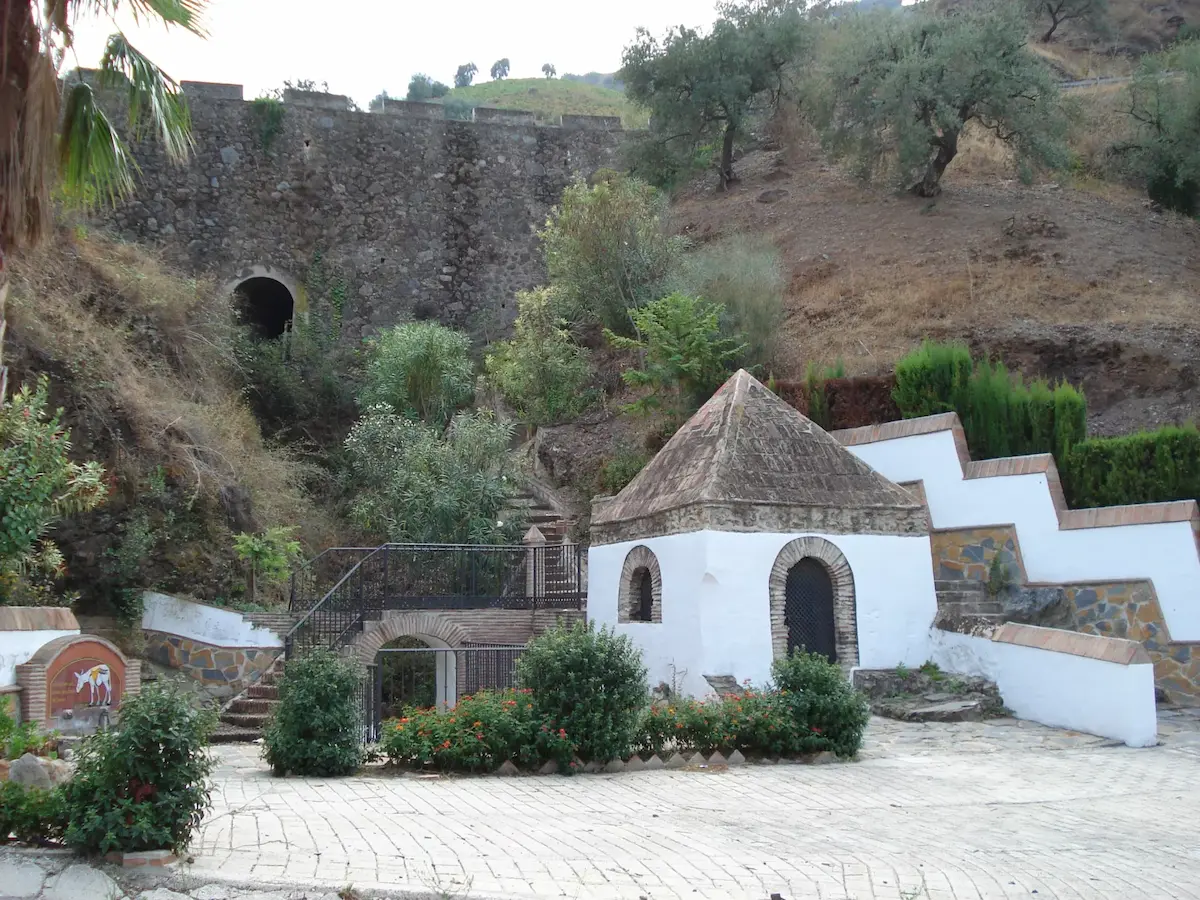
Monfí Museum
The Interpretation Center of the Cútar Alquería looks towards its rich Andalusian past, displaying its history through objects of great cultural and historical value. This is the case of the “Cútar Quran,” dated between the 13th and 15th centuries, which presumably belonged to a scholar.
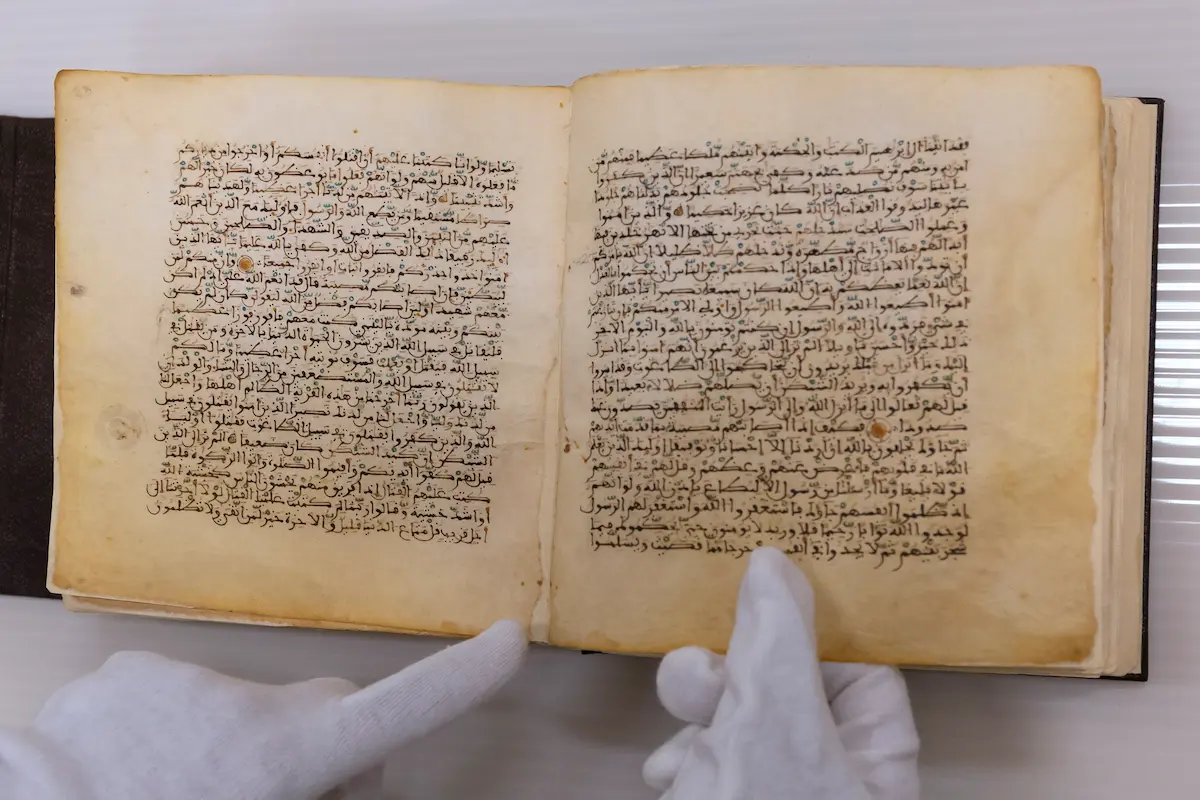
There is no better evidence to exemplify this past than the name of the museum itself. The monfíes were those Muslims who fled to the mountains to avoid conversion to Christianity.
Archaeological remains of Peña del Hierro
In the Cerro de la Peña del Hierro, evidence of human activity has been found from the Neolithic to the beginning of the Bronze Age. Moving forward in time, it was also a settlement known to the ancients, as coins and remains of ceramics from the Roman period have been found.
The findings include remains of a village and even a necropolis.
Nature and Hiking
It is not surprising that one of the main activities to do in the town is hiking. Its location makes it the best way to discover the incredible landscapes surrounding this beautiful municipality.
Cútar – Poza de los deseos Route
A beautiful route of moderate difficulty with several stops that invite you to enjoy unbeatable views. Mixing the Cútar riverbank with the interior of Cerro Aguilera.
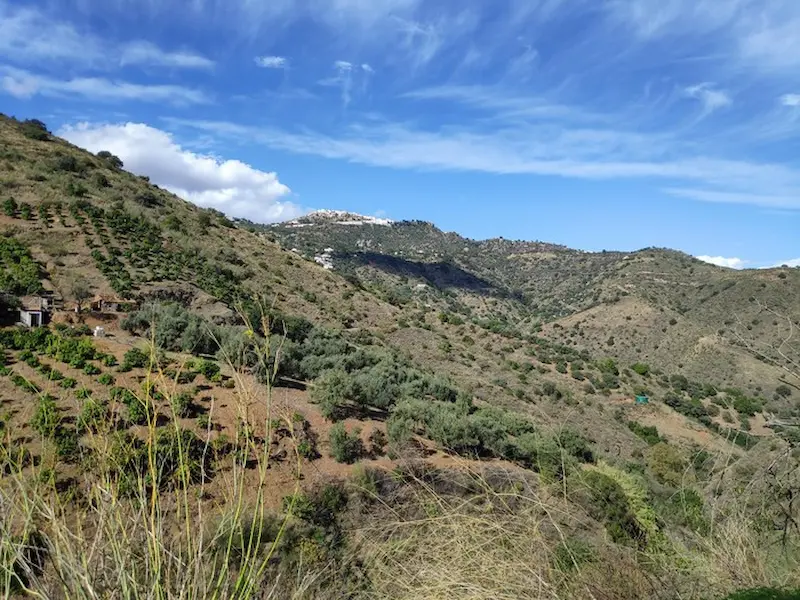
Interesting Facts
- Estimated time: 2 hours and 45 minutes
- Kilometers: 6.13 km
- Elevation: 229 meters
- Estimated location: Cútar River
- Difficulty: Moderate
Cútar – El Borge Route
Interesting route to get to know Cútar, El Borge, and cross all the famous hills and slopes of the area.
Interesting Facts
- Estimated time: 3 hours
- Kilometers: 12.88 km
- Elevation: 605 meters
- Estimated location: Both towns and around Cortijo de los Velascos
- Difficulty: Medium
Salto del Negro
If you follow the course of the river, it will take you to the district of Salto del Negro and La Zubia and its surroundings. It has numerous streams and a lush landscape to get lost in the beauty of its nature.
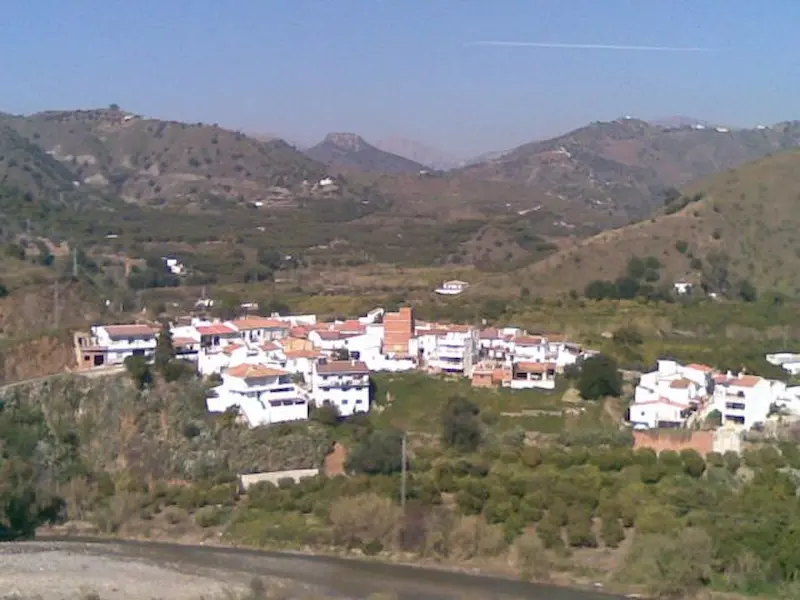
Popular Festivals and Gastronomy
Don’t let its small population fool you; this town has an extensive tradition that translates into numerous lively festivals.
Cútar Fair
This is its most popular festival celebrated on the weekend closest to the marked date of August 17th each year. This weekend is full of activity, with the election of the king and queen of the festival, processions, masses in honor of San Roque and the Virgin of the Angels, performances, and much animation.
Monfí Festival
In mid-October, those “monfíes,” meaning outlaw, are remembered, recalling those Muslims who were forced to flee the town as mentioned earlier.
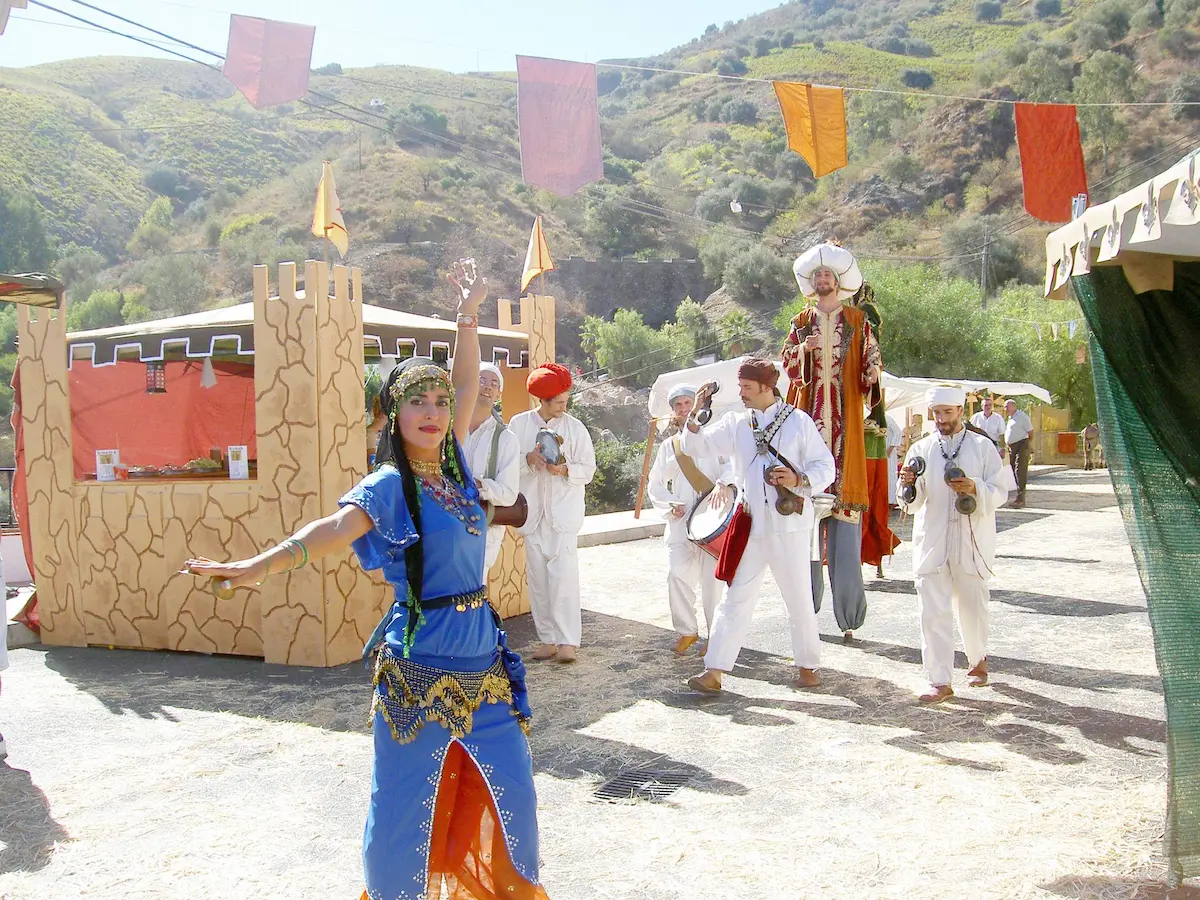
Festivals in Honor of Our Lady of the Miraculous
In the district of Salto del Negro, a festival is held at the end of July where animation and excellent local gastronomy come together.
Typical Dishes of Cútar
They have their own gastronomy, with dishes that you can only taste in this municipality. Although some dishes are known, the way of cooking them is, at times, unique.
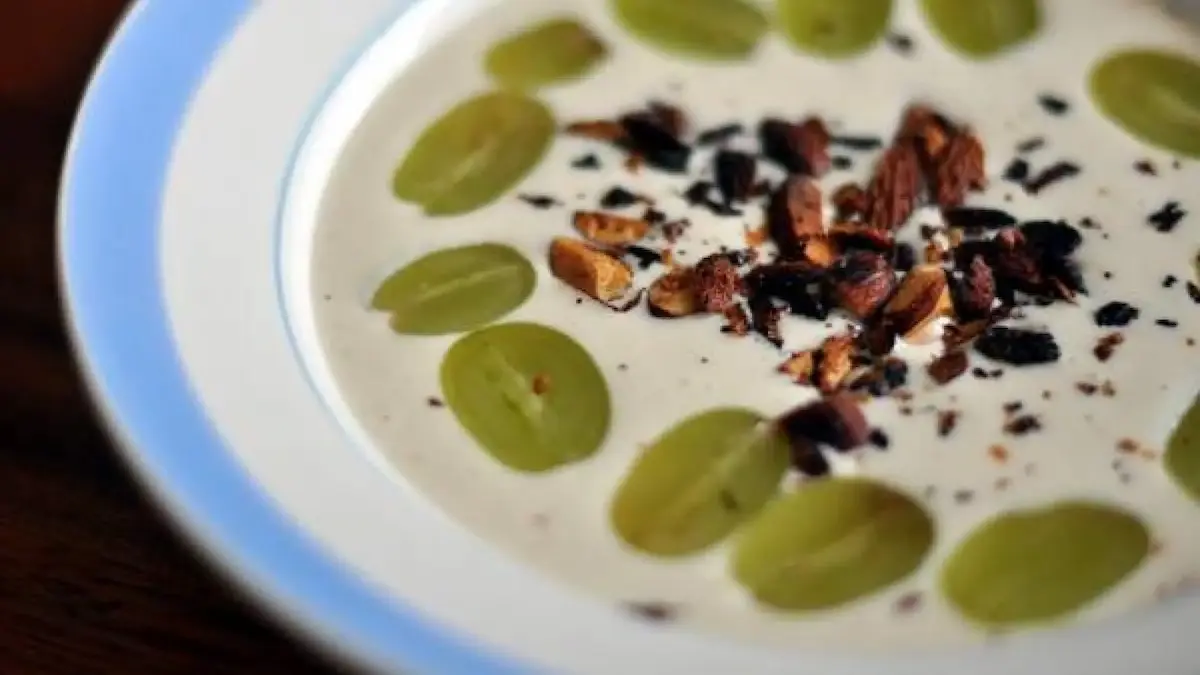
This way we find ajoblanco, gazpacho, and maimones soup as the most well-known dishes. Of course, don’t forget to ask for some local sweet wine to drink.
And for dessert, don’t forget to try their milk cakes.
How to Get to Cútar
Cútar has easy access from Malaga city both by car and public transport, also being close to other well-known municipalities such as Almáchar, El Borge, Benamargosa, or Moclinejo, which we recommend visiting.
How to Get to Cútar by Public Transport
There is a bus, Valle-Niza, that makes the Málaga – Cútar route daily. Its journey is non-stop, and the travel time is one hour and fifteen minutes. It’s a route with magnificent views of the inland province.
How to Get to Cútar by Car
Leaving from Málaga, you can take two routes, both with an approximate duration of one hour, to reach the fantastic town of Cútar. If you don’t have a car, an excellent option is to rent a car without a franchise at Malaga airport.
-The first route is about 43 kilometers and will start by driving on the A7 motorway to continue on MA-3200 until reaching Cútar, this road is well maintained and although it may have some stretches with potholes, it is in good condition.
-The second route, of 55 kilometers, will take you through neighboring towns. Starting from the A7 motorway, you should take the exit to Vélez-Málaga and use the A-356 road. The MA-3113 road will take you to Benamargosa and, finally, the MA-3108 road will take you to your destination.
This second route is passable and safe, but it is important to drive with caution and pay attention to traffic signs and road conditions, especially in the narrower and curvier sections.
Cútar Map
So you don’t feel lost, here is a map of Cútar with the main points of interest in the municipality. Enjoy your day in the heart of Axarquía.

